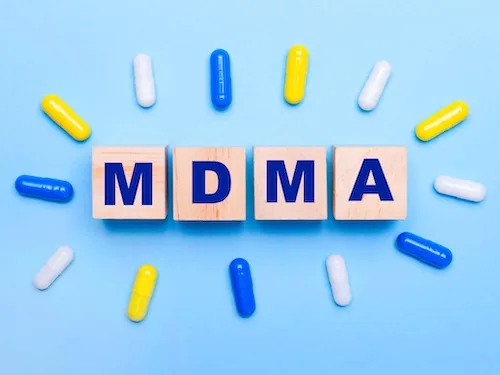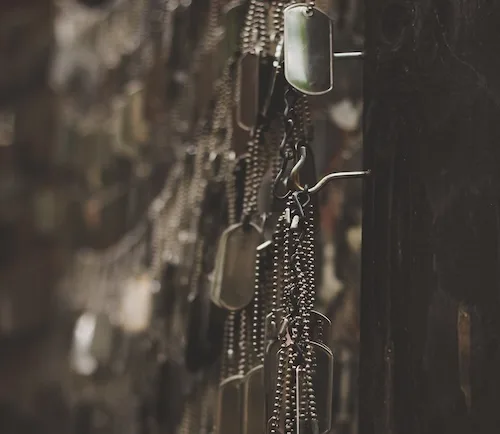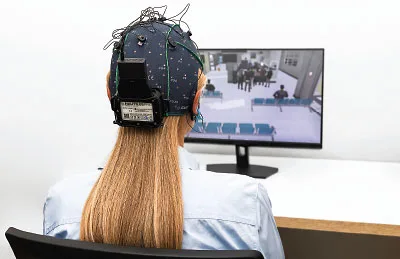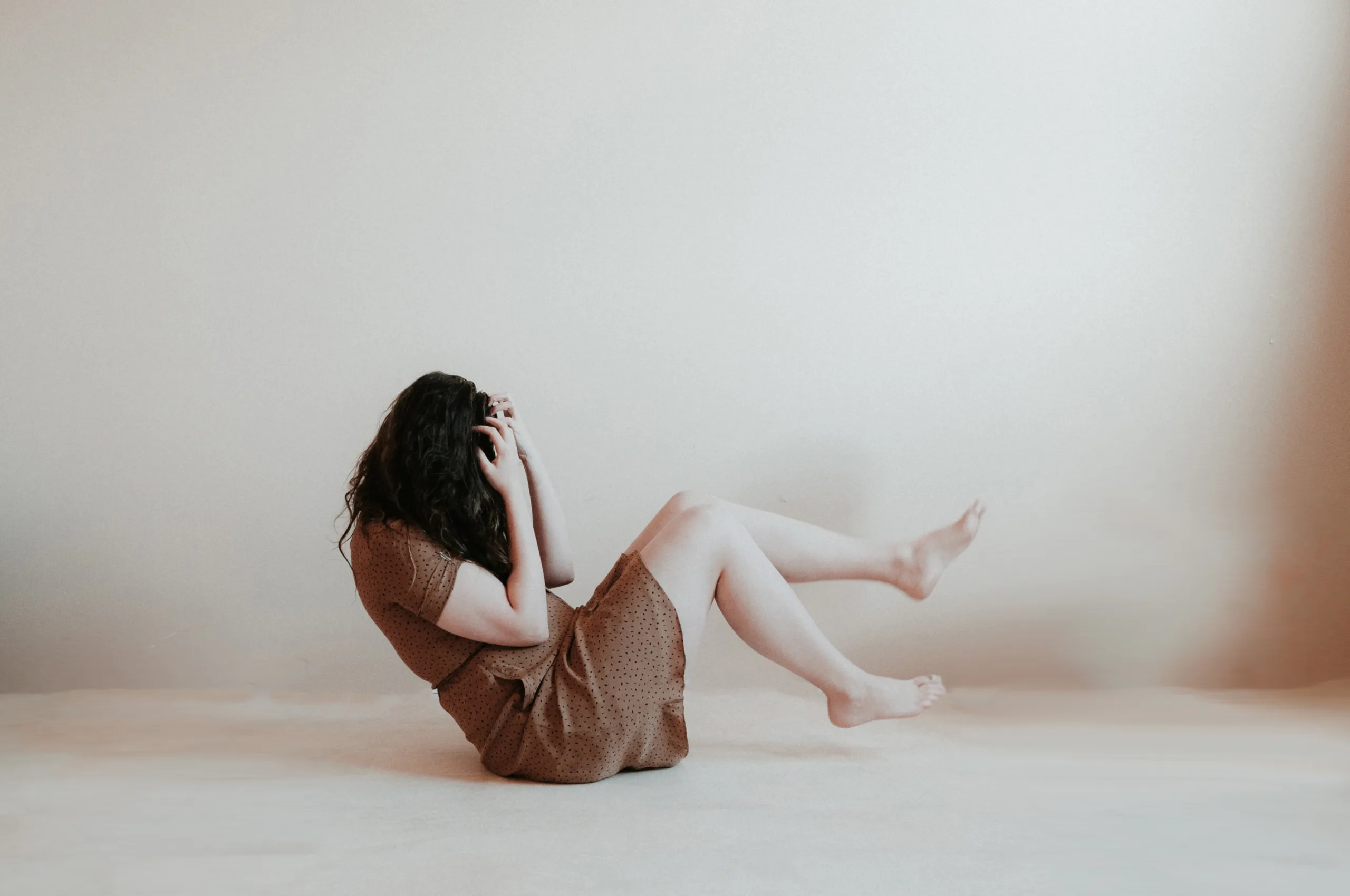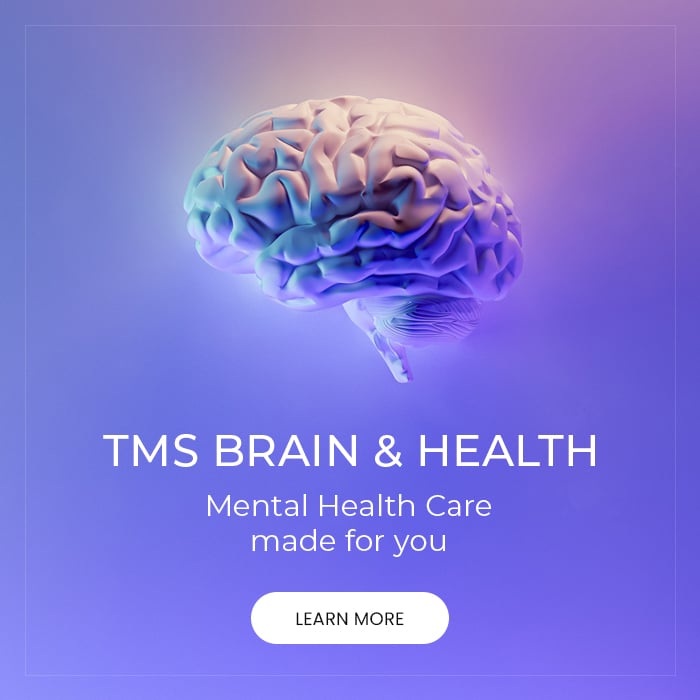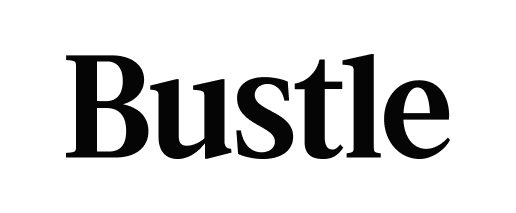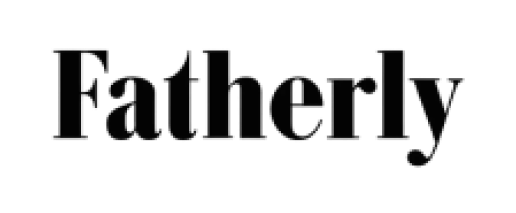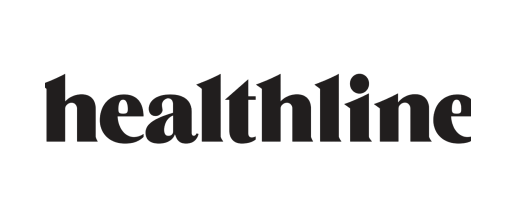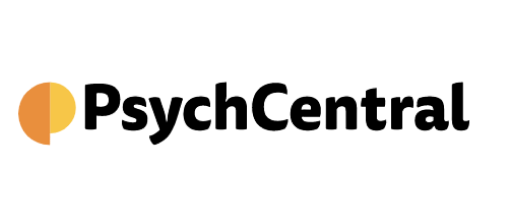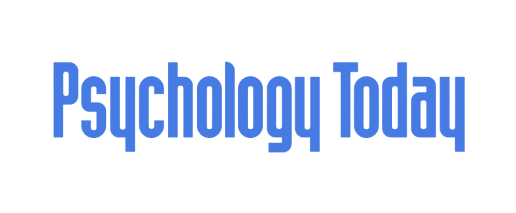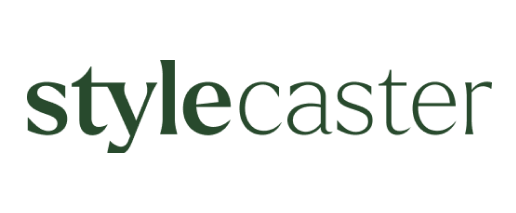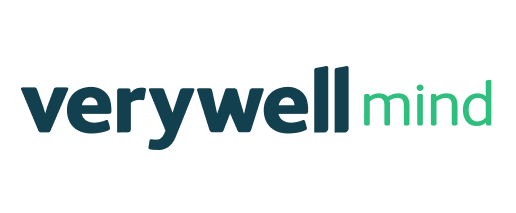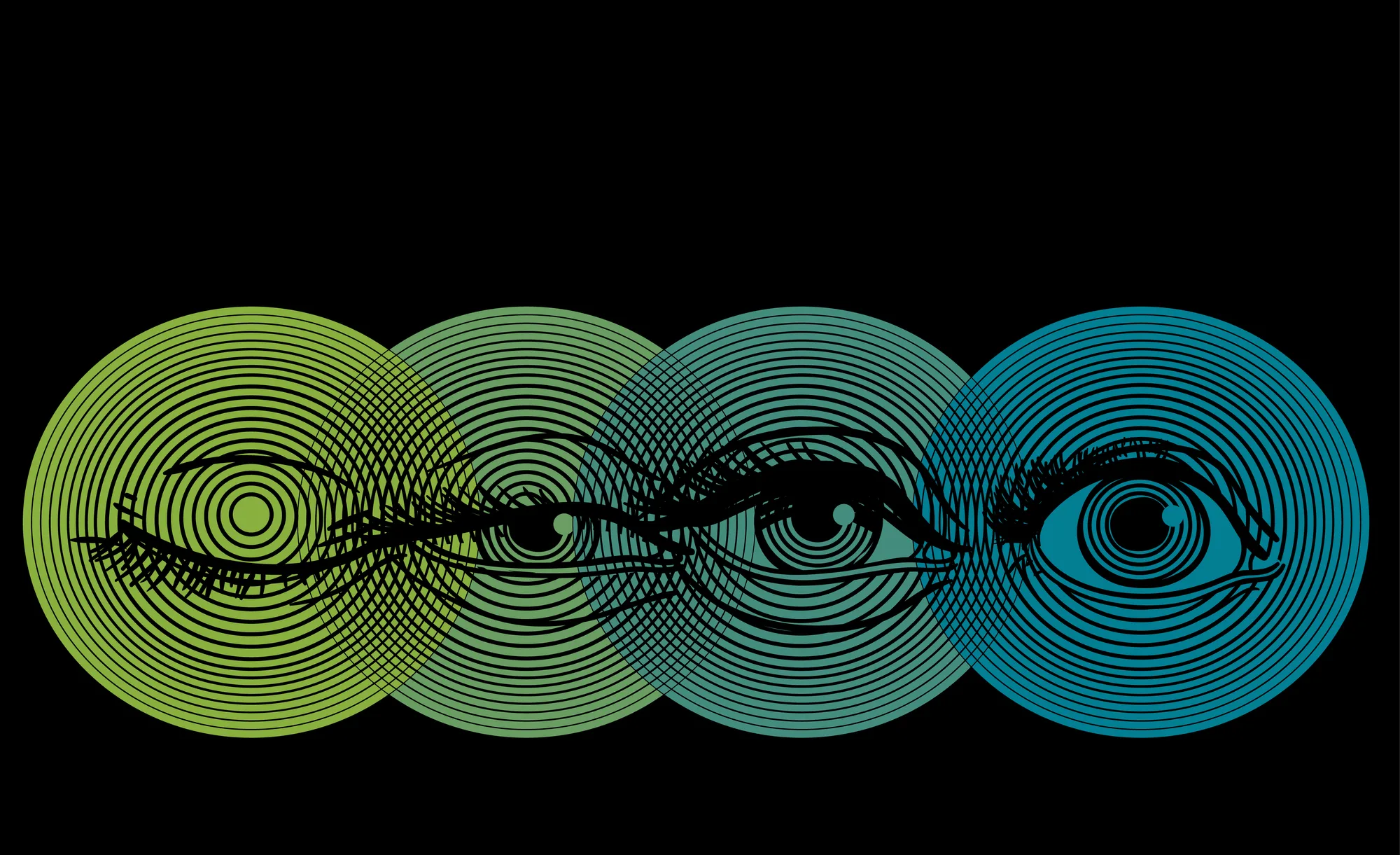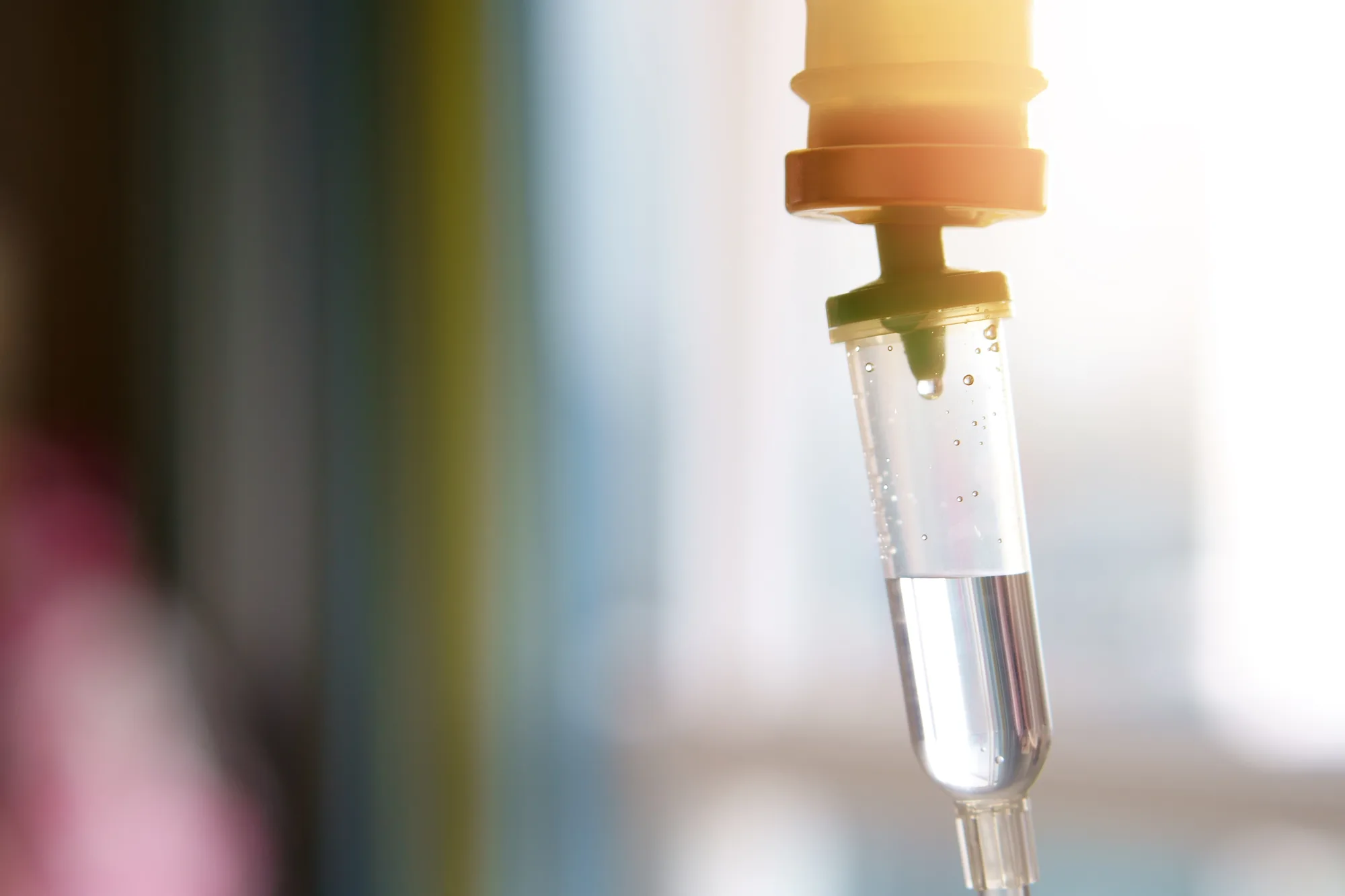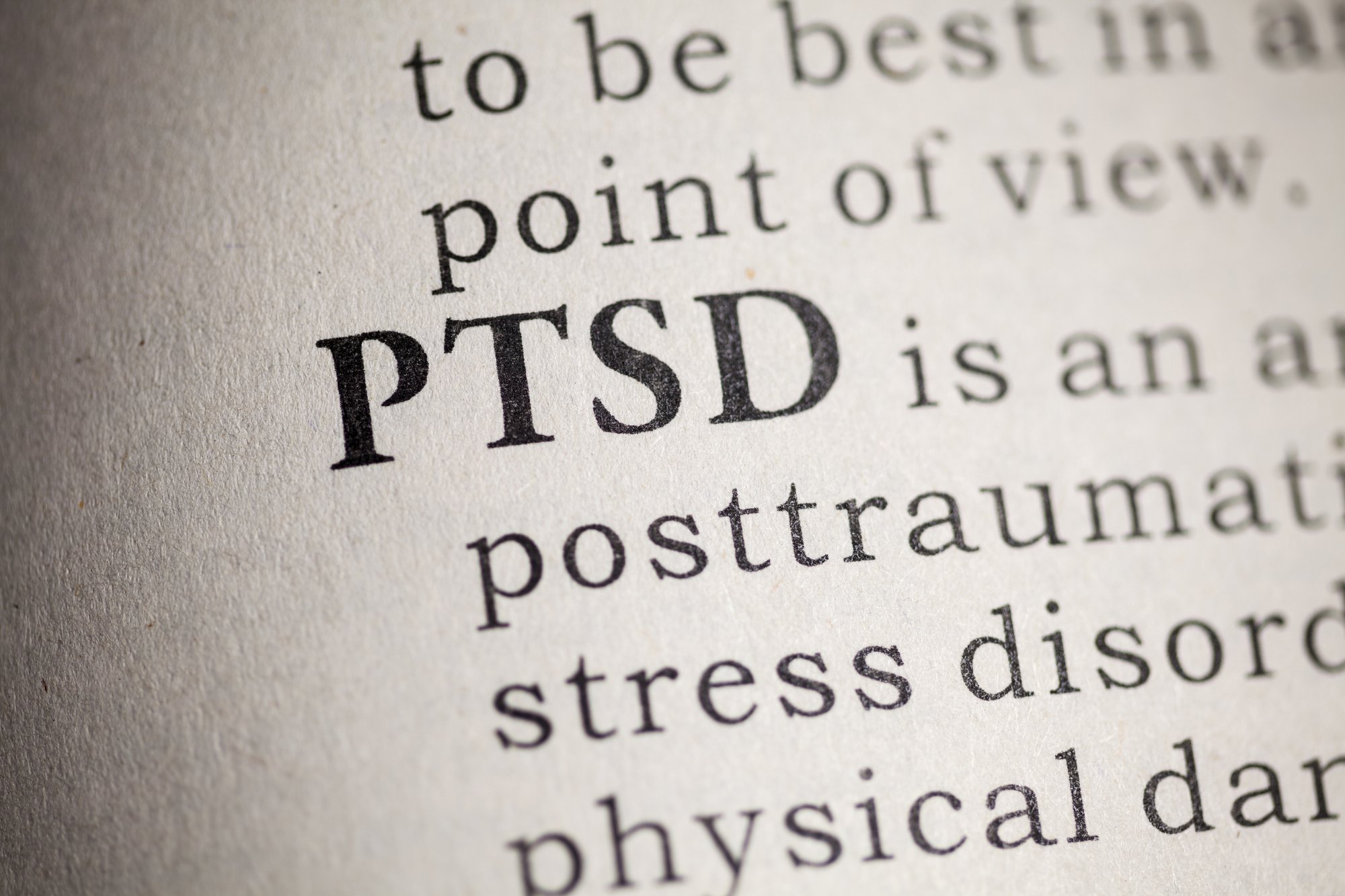If you’re looking for relief from your depression symptoms, you may be exhausting all options. One of those that could help may be transcranial magnetic stimulation. Transcranial Magnetic Stimulation (TMS) is a non-invasive medical procedure that uses magnetic fields to stimulate nerve cells in the brain. It’s primarily used to treat certain mental health conditions, such as major depressive disorder and some anxiety disorders, when other treatments have proven to be ineffective. The success rates of transcranial magnetic stimulation (TMS) typically fall within the range of 70% to 80%, indicating that a significant majority of individuals experience substantial relief post-treatment. Remarkably, approximately 50% of individuals achieve full remission, signifying the absence of depressive symptoms following only a single treatment regimen.
To fully understand the effectiveness of TMS, it is crucial to juxtapose it with the effectiveness of medications such as SSRIs. SSRIs or Selective Serotonin Reuptake Inhibitors are a class of commonly prescribed antidepressant medications. While they can be effective in treating depression and anxiety disorders, they can also come with potential side effects.
The STAR*D study, a substantial clinical investigation backed by the NIMH, revealed that frequently prescribed medications, like Selective Serotonin Reuptake Inhibitors (SSRIs), exhibit a mere 27.5% success rate. Notably, this success rate declines further when a particular SSRI prove ineffective, which is prevalent in most cases of treatment-resistant depression, another form of medication has less chances of being successful. As an individual progresses through four medication attempts, the likelihood of succeeding with the subsequent medication dwindles to less than 7%. It’s worth noting that the evaluation period for determining the success of a specific antidepressant through medication trials can span 1-2 months. Consequently, individuals often invest roughly 4-8 months experimenting with different antidepressant medications, even though the prospect of achieving remission is exceedingly low. Additionally, this extended use of medications escalates the risk of encountering adverse side effects such as:
- Sexual dysfunction
- Gastrointestinal issues and discomfort
- Nausea
- Increased appetite, weight gain, or weight changes
- Sleep disturbances, either insomnia (insufficient sleep) or hypersomnia (excessive sleep)
- Anxiety or restlessness
- Drowsiness
- Excessive sweating
- Agitation and/or irritability
- Headaches
- Increased risk of bleeding
This context exposes the necessity for alternative solutions for individuals living with treatment-resistant depression. While electroconvulsive therapy (ECT) was thought to be the gold standard, it only has an average of a 48% remission rate in those experiencing treatment resistant depression. In addition, ECT has a long list of adverse side effects and is exponentially more invasive when compared to TMS.
Early clinical investigations involving TMS were particularly focused on a particular demographic, characterized by a notably low probability of achieving remission. Surprisingly, two-thirds of these patients experienced positive outcomes post-TMS, a revelation that defied expectations. Notably, individuals who had previously battled hopelessness, endured anhedonia, and exhausted all available options discovered relief from their symptoms in only a span of six weeks.
In mid-2020, we conducted an independent research initiative, yielding success rates significantly surpassing the initially reported figures. This disparity could potentially be attributed to our specialization in both theta burst stimulation and a tailored TMS approach. At Bespoke Treatment centers we believe that each brain possesses it’s own unique characteristics, rendering a standardized one-size-fits-all Transcranial Magnetic Stimulation protocol ineffective. As per our most recent assessment, our success rate stands impressively at 92.5%.
For those actively seeking an effective depression treatment, we encourage you to connect with us today at (833) 248-7221. Embark on a journey to discover how you can transform your life through our transformative approaches and finally overcome your symptoms of depression.



